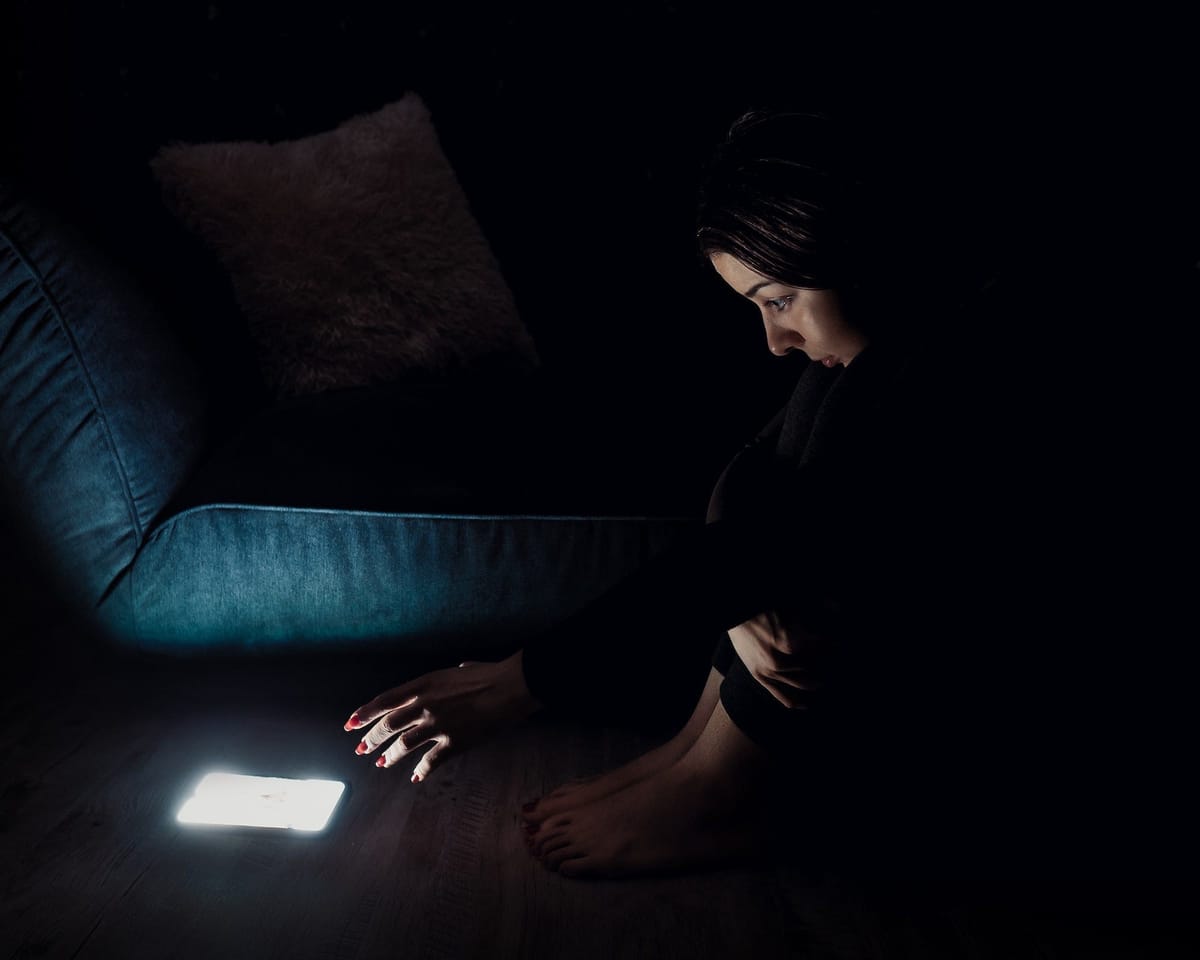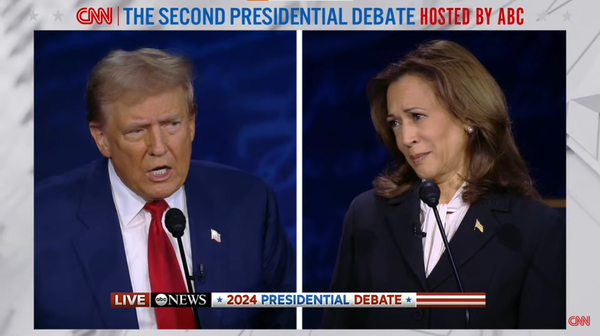The Effects of Prolonged Social Media Use
The issue of whether internet addiction can get classified as a recognized type of addiction has sparked much debate.

Sleeplessness
In today’s world, we are more inclined, as social media users, to go to bed with our phones in hand. Here, we scroll down into the daily postings and try as much as possible to keep up with what is happening around us. Unfortunately, research indicates that we are using technology far too close to the time we sleep.
Such behavior, it has been found, translates to a negative effect on how well we sleep. Social media use at bedtime hours induces sleeplessness, and many people end up staying up late and even not getting quality sleep.
Cyberbullying
Before the emergence of social media, bullying became characterized as a face-to-face interaction. However, it has evolved into anonymous online bullying. A social media user can become a cyberbully, even without realizing it. The fact that our screens hide our faces while we interact on social media facilitates the phenomenon. Even though the idea behind social media was to employ ease in human interaction, it has also made available potential victims for online predators.
Addiction
The issue of whether internet addiction can get classified as a recognized type of addiction has sparked much debate. Experts cannot agree on the issue despite evidence that it may exist. A recent study indicates that as per social media use, personality, and psychological characteristics, it may be plausible to speak of social media addiction disorder.
Do you think social media addiction is real?
It is due to the fact that addiction criteria such as tolerance and escapism appear to be in some individuals who use social media excessively.
Social Delusiveness
A social individual may not necessarily get classified as social, depending on the number of friends they have on social media. Research shows that having many friends on social media is not a sign that an individual is inherently social. There is a certain number of friends that a person’s brain can accommodate. To keep up these friendships, an individual must physically interact with these people rather than virtually interact with them on social media.
Social media, therefore, induces social delusiveness by giving a false perception that one is social if they have many friends on these platforms. Moreover, social media can also lead to social pressure and the creation of misleading social culture, as seen in love yours. It happens when people feel pressured to lead certain lifestyles, such as luxurious or lavish lifestyles, as portrayed by others on social media.





